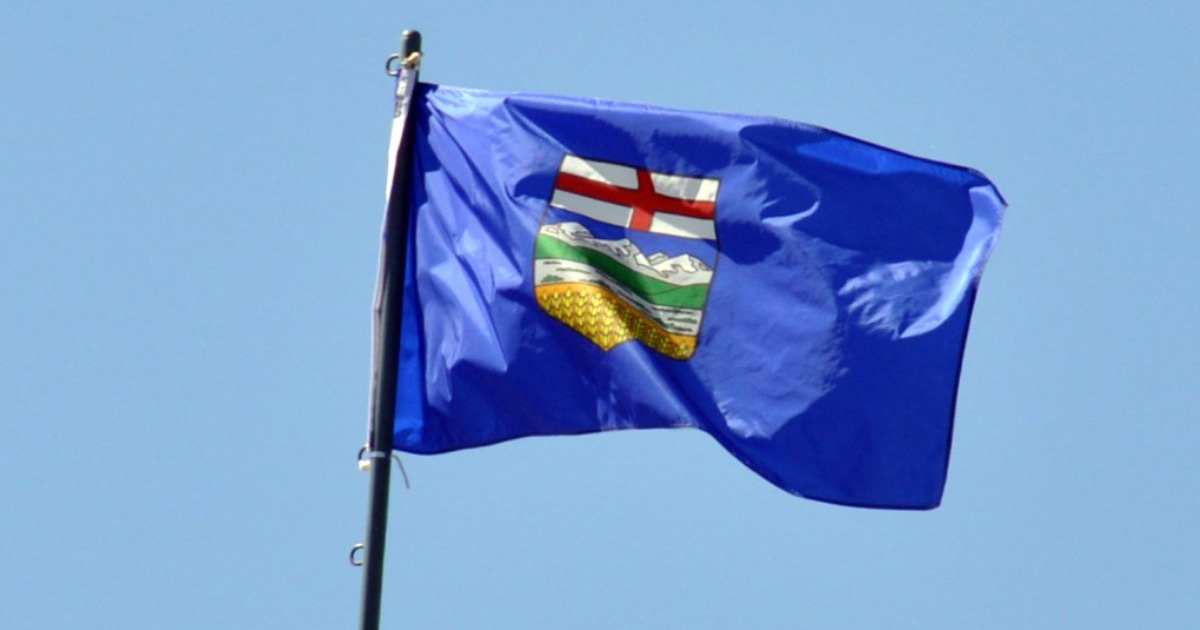Alberta takes over critical mail delivery amid Canada Post turmoil
Alberta’s government has launched a contingency plan to keep essential mail flowing as Canada Post faces a work stoppage and sweeping reforms from Ottawa.
Alberta’s government has launched a contingency plan to keep essential mail flowing as Canada Post faces a work stoppage and sweeping reforms from Ottawa.
As of Wednesday, Albertans can drop off critical mail at designated provincial offices across the province. No stamps are required.
The province said only critical mail—documents tied to health, safety, financial or legislative compliance—will be accepted. Mail deemed “non-critical” will be held by departments until Canada Post service resumes.
Income Support and Assured Income for the Severely Handicapped cheques will be delivered through private couriers. Canada Post employees will distribute federal and provincial socio-economic cheques once a month during the disruption.
The province also warned about potential scams.
“Albertans who receive mail from the provincial government will receive a notification by email or phone indicating where and when they can pick-up/drop-off their mail. Alberta’s government will never ask for personal information over the phone or for anyone to click on a link in an email,” said the province in its press release.
The move comes as Canada Post faces what Ottawa has called an “existential crisis.” Federal Minister of Government Transformation Joël Lightbound revealed last week that the corporation is losing $10 million a day, has lost more than $5 billion since 2018, and posted its worst-ever quarter earlier this year with a $407-million loss.
“Canada Post is effectively insolvent,” Lightbound said at a news conference. “It provides an essential service to Canadians … but repeated bailouts from the federal government are not the solution.”
Canada Post president and CEO Doug Ettinger acknowledged the system must adapt in a letter provided to True North, pointing to declining letter mail, competition in the parcel market and an outdated rural post office network.
“Unfortunately, when Canada Post loses money, taxpayers now foot the bill – a bill which currently amounts to about $1 billion a year. This is not sustainable, nor is it necessary,” Ettinger wrote. “Instead of increasing our reliance on taxpayers, there are practical changes we can make to modernize the nation’s postal service and make it financially sustainable.”
Among the measures endorsed by Ottawa are converting millions of homes from door-to-door delivery to community mailboxes, closing or consolidating suburban post offices, and reducing delivery frequency.
The Canadian Taxpayers Federation has gone further, calling for privatization.
“The government should not be bailing out failing Crown corporations like Canada Post,” said Federal Director of the CTF, Franco Terrazzano. “If Canada Post doesn’t pay every cent back, MPs should ask a simple question every day in the House of Commons: Who is getting fired? Most importantly, MPs should push for the real solution: Sell Canada Post.”
Labour strife has also plagued the Crown corporation. This summer, negotiations between Canada Post and the Canadian Union of Postal Workers collapsed, with union members implementing overtime bans rather than full strikes.
As the situation worsens nationally, Alberta says its emergency mail plan will remain in place until Canada Post resumes normal operations.




Canada Post faces what Ottawa has called an “existential crisis.” Federal Minister of Government Transformation Joël Lightbound revealed….
But yet there is nothing being said about the EXISTENTIAL CRISIS at CBC? They are willing to let a government business close or make great sacrifices to continue. But a “ non governmental “ business can continue living off tax payers money while failing in every aspect of their business.
It amazing that so few see this
Does anyone at a crown corporation know how to run a business? Other than into the ground!